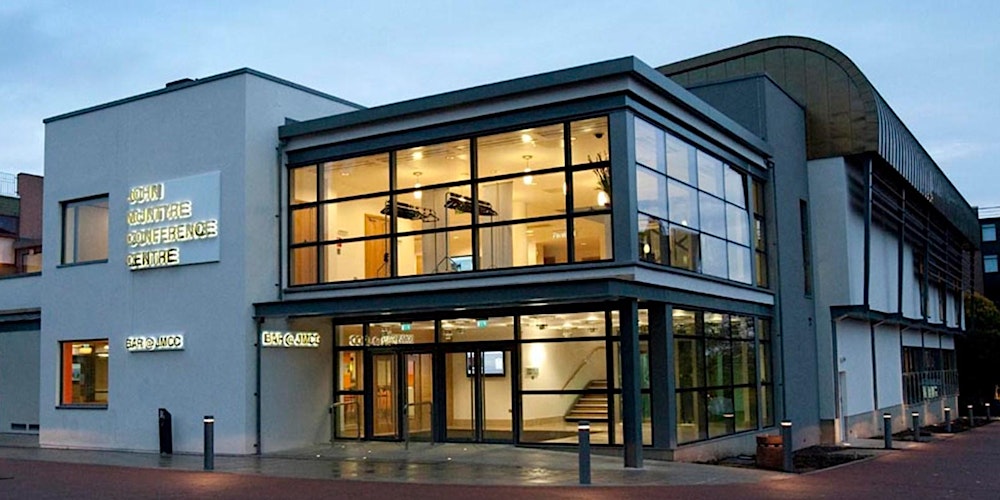Welcome to the IWGT Website


The success of these workshops is based on our ability to include experts representing regulatory agencies, academia, and industry from across the world.
This workshop is organised as a satellite meeting to the International Conference on Environmental Mutagens (ICEM), held every four years.
• This workshop is an in-person meeting and registration is for attendance in Edinburgh, UK
Methodological Advances
• Liver Micronucleus Assay
Advancing tissue-specific genotoxicity assessment – moving towards an OECD guideline
• Critical Aspects of OECD Technical Guideline 489
Refining standard protocols for enhanced reliability of in vivo Comet assay studies
Providing guidance on how to deal with inconclusive/positive results
Risk Assessment Innovation
• Risk Assessment of Aneugens
Improving evaluation of chromosome-damaging agents
• Statistical Tests for Trend
Strengthening/contextualizing data interpretation methodologies
Next-Generation Approaches
• Quantitative Genotoxicology 2.0
Opportunities, challenges and perspectives for quantitative evaluations of dose-response data
• Error-Corrected Sequencing (ECS)
Provide expert, referenceable guidance on application of ECS for regulatory purposes
• Strengths and limitations of in silico / QSAR
Formalize use cases and restrictions, bridging towards a potency approach
• Andreas Zeller (Switzerland, Chair)
• Hans-Jörg Martus (Germany, Co-Chair)
• David Kirkland (UK, Co-Chair)
• Carol Beevers (UK)
• Roland Frötschl (Germany)
• Stephen Dertinger (USA)
• Laura Markley (USA)
• Kiyohiro Hashimoto (Japan)
• Kei-ichi Sugiyama (Japan)